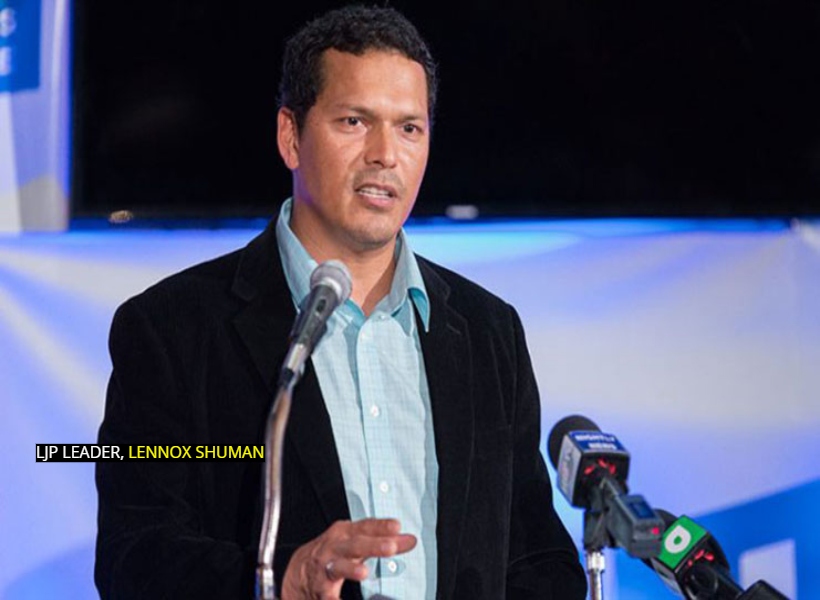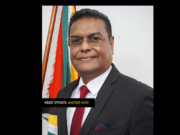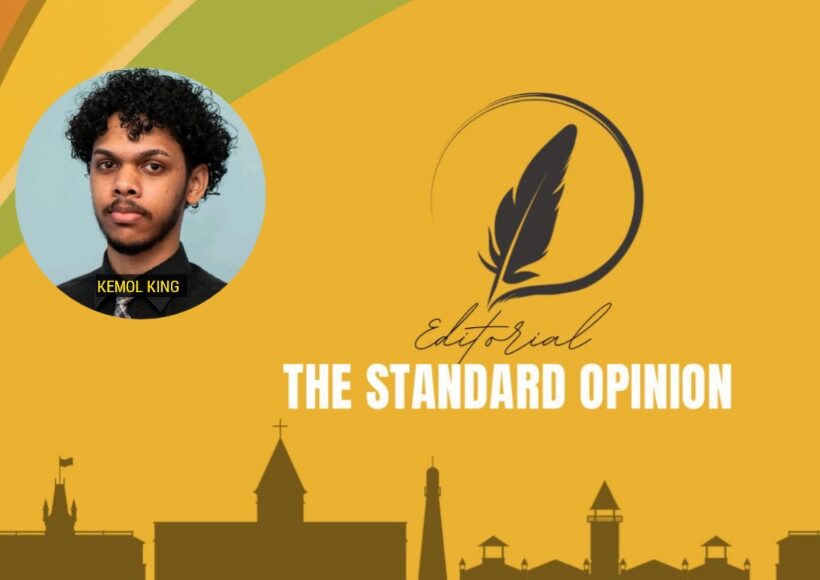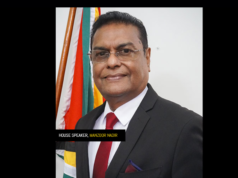By Kemol King
By now, it should be clear to any politically conscious Guyanese that the Alliance For Change (AFC) miscalculated when it chose not to participate in the 2023 Local Government Elections (LGE). In doing so, the AFC robbed itself of the biggest opportunity of the past five years, to re-establish its relevance following defeat at the 2020 polls and the dissolution of its partnership with A Partnership for National Unity (APNU).
The AFC said it would not contest LGE 2023 unless a new voters’ list was provided. It said that the existing list was bloated with the names of the deceased, the migrated, and duplicates. It referenced the revelations of the 2020 national recount to make the case that an ‘unclean’ list creates conditions for electoral fraud. This position is not without its merits, but several claims of electoral fraud the APNU-AFC coalition made in 2020 were disproven. And while the AFC continues to point to the recount as evidence of flaws in the electoral system, the most critical takeaway from the recount was not about the voters’ list. It was that the APNU-AFC coalition lost the 2020 elections, and that someone previously attempted to rig the process in their favor using fraudulent declarations for Region 4. The recount did not exonerate the APNU-AFC; it cast great doubt on its credibility.
In light of that history, one would think that the AFC, in particular, would have jumped at the chance to regain public trust. What better platform than LGE 2023 to show that after the chaos of 2020, it had rebuilt, and was ready to demonstrate that, as an autonomous force, it still has the people’s support?
The APNU, carried by its leading constituent, the People’s National Congress Reform (PNCR), participated in LGE 2023, despite sharing the AFC’s concerns about the voters’ list. APNU made it a point to contest the 2023 elections and keep its machinery active. Sure, the People’s Progressive Party (PPP) delivered a decisive blow at those polls. In more than 90% of the Local Authority Areas, when compared with LGE 2018, the PPP made inroads—some small, some seismic. But the fact remains that the APNU stayed in the ring, and that alone allowed it to put the weight of its support base on paper, tacked to notice boards and hung on gates outside of polling stations across the country.
If you ask the PPP, it would tell you that AFC sat out of LGE 2023 due to cowardice, and that concerns about the integrity of the list were simply smokescreens. Another reason would be that the AFC just did not have the people to run in LGE 2023. After all, even APNU was unable to run in 291 of the 610 constituencies, leaving the PPP to take control of them without contest. Maybe the AFC worried that, even where it could contest, it would get less votes and seats than when it ran in 2018. But whatever percentage it got, if it ran in 2023, would have been better than nothing… Right? On top of that, the argument could be made that sitting out LGE 2023 helped make the PPP’s victory so decisive.
And now here we are, with the 2025 General and Regional Elections expected by year-end. Talks are underway about a renewed coalition between the APNU and AFC. But instead of returning to the table with a dose of humility, the AFC is walking in like it’s still 2015.
The AFC wants Nigel Hughes, its new leader, to be the coalition’s presidential candidate. Not only that, but it is proposing another 60-40 power split, just like in 2015. They had run on a proposed 70:30 split in 2020. They even demanded that the AFC wants whichever party does not hold the presidency to assume leadership of the list. This role, as former President David Granger once demonstrated, carries immense power to appoint and recall parliamentarians.
The AFC has its reasons for this demand. It had accused the APNU of reneging on agreements related to consultation when making certain appointments during the 2015-2020 term. But it would be an understatement to say it is bold of the AFC to now demand either the presidency or control of the list. Maybe the party meant to make optimistic demands to start from a strong negotiating position, but these seem to ignore the reality of its weakened position.
The last coalition government was brought down in 2018 by an AFC Member of Parliament, who voted with the then PPP opposition in a no-confidence motion that toppled the APNU-AFC administration. The APNU has reason to be distrustful. And now, just five years later, the AFC expects that same partner to hand over more power? Newsflash, AFC: This is not 2015. You no longer have a reasonable claim as the conscience of the coalition.
On top of all that, the AFC’s new frontman, Nigel Hughes, is a partner at a law firm that does legal work for ExxonMobil Guyana. Vice President Bharrat Jagdeo has leaned into this potential conflict of interest with precision, branding Hughes as “Exxon’s lawyer” and planting seeds of doubt in the public consciousness about whose interests Hughes would represent in office, in the government’s relationship with the oil major. Hughes has refused to cut ties with his firm unless he becomes President. He has also refused to answer reporters’ questions about ExxonMobil and the oil industry, to avoid a conflict of interest.
So here we have a party that had a rocky, public break-up with the APNU, didn’t contest LGE 2023, and now has a leader whose professional affiliations raise serious questions about loyalty. This begs the question: What then does the AFC think gives it a leg up in talks with APNU? Where is this audacity coming from? This same party is demanding the presidency and more power in the coalition than it had before.
This is exactly why the decision to sit out LGE 2023 is coming back to bite the AFC. That was their opportunity to rebuild, to prove that they still had grassroots support, to separate themselves from APNU. When it is all said and done, it’s not about how much noise you can make with your ideas. It’s about showing that people have confidence in them and in you. The AFC gave that opportunity up.











